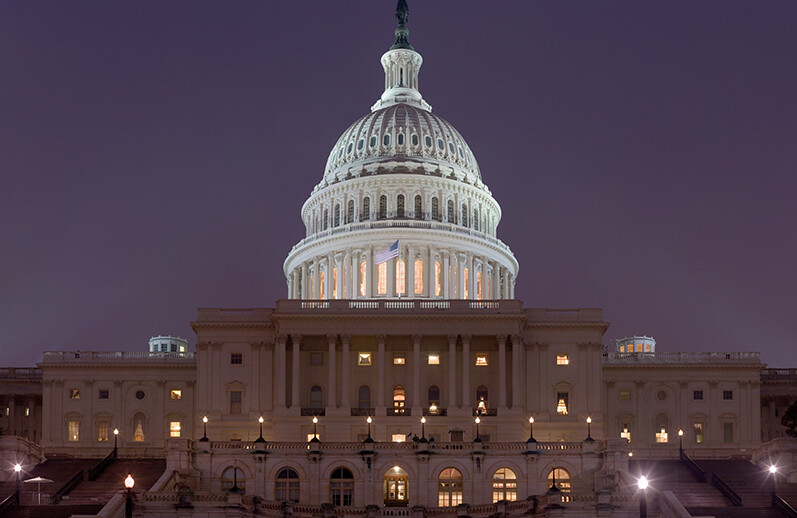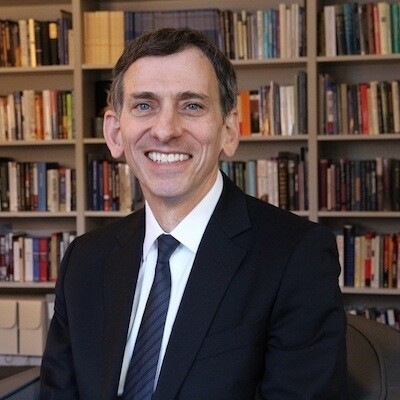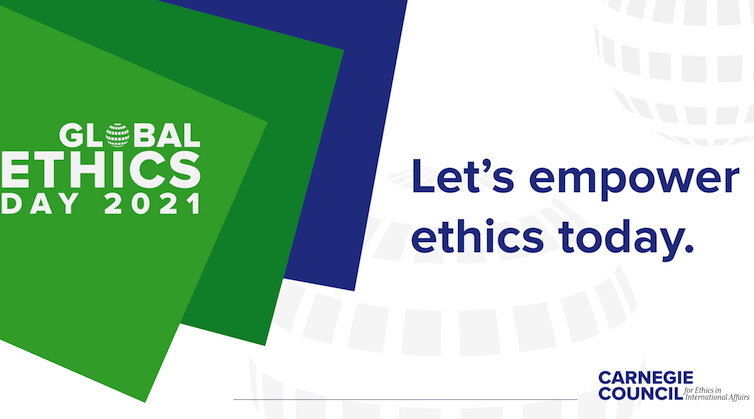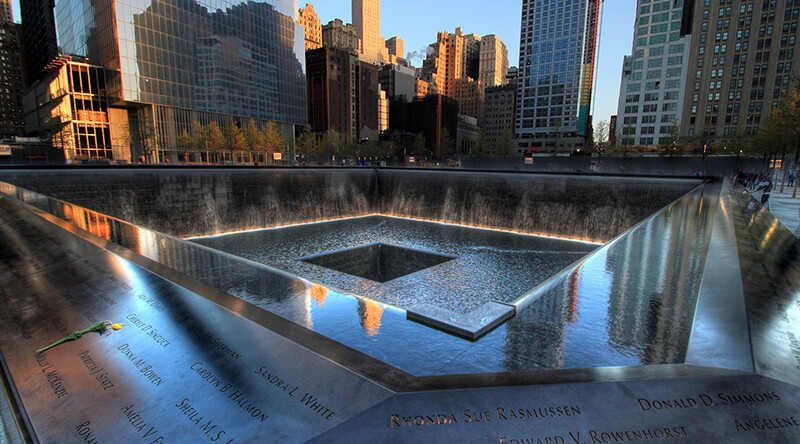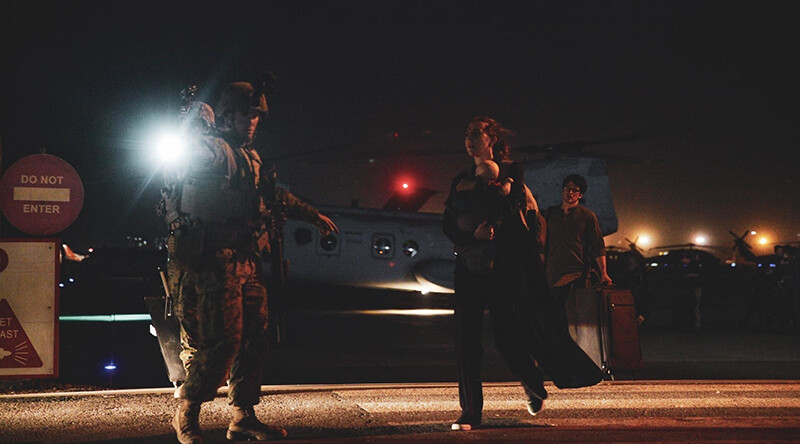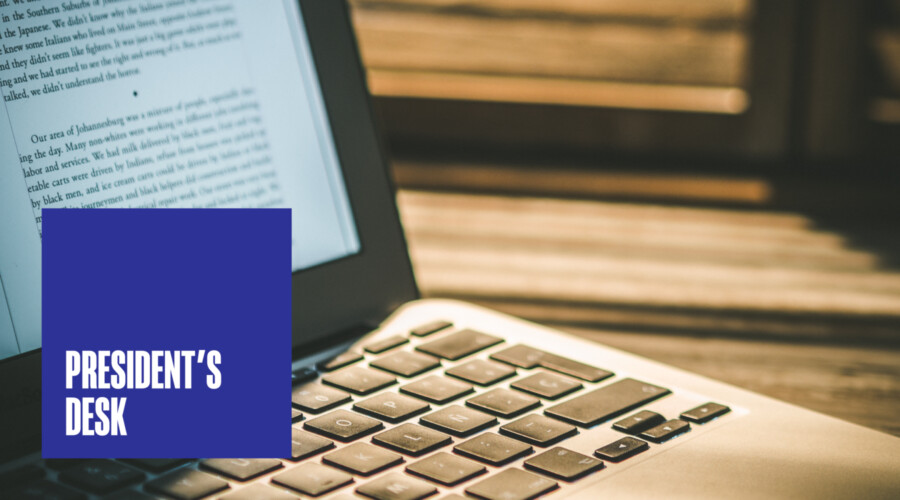Today marks the first anniversary of the insurrection at the U.S. Capitol, and groups across society are increasingly worried about the state of democracy.
According to a new Harvard Youth Poll, only 7 percent of young Americans rate the United States as a "healthy” democracy; 52 percent believe that democracy is either "in trouble" or "failing;" and 35 percent anticipate a second U.S. civil war during their lifetimes.
Top leaders in government, business, and education are worried too.
President Joe Biden opened the recent Democracy Summit declaring that what is most worrying of all, is the increasing "dissatisfaction of people with democratic governments that they feel are failing to meet their needs."
Larry Fink, the leader of the world’s largest investment firm BlackRock, asserts that trust in "official institutions is crumbling" and businesses must pick up the slack on public issues as central as retirement, infrastructure, and climate.
Ron Daniels, president of Johns Hopkins University, has written an entire book prompted by his concern. In What Universities Owe Democracy, he writes: "With strongmen in power or waiting in the wings and democracy in question, now is the time at which universities must purposefully and self-consciously embrace their role as one of the stewards of the liberal democratic experiment."
If these leaders are not enough to sound the alarm, three retired U.S. generals—Paul Eaton, Antonio Taguba, and Steven Anderson—waved a flag of urgency in a recent Washington Post opinion column. Referring to the continuing controversies around the Capitol insurrection, they write: "We are chilled to the bone at the thought of a coup succeeding next time."
Whether one believes we are on the brink or not, the intrinsic value of democracy is objectively under stress. The perceived failures of the past 20 years have taken a toll. These failures include electoral dysfunction since the Bush v. Gore election in 2000, the attacks on 9/11, the wars in Afghanistan and Iraq, the financial crisis of 2008, the rise of ethno-nationalism, and the perceived inability to deal with issues such as racial inequality, climate change, and the pandemic.
In the face of these troubles, leaders must establish rallying points for democracy. These can't be abstract academic arguments or new policy proposals. Instead, they must be concepts that citizens can easily relate to, see the value of, and integrate into their daily lives.
At the heart of this rallying cry is the fact that freedom for individuals begins with respect among groups.
Democracy's special quality is that no single faction prevails. When values clash, democracy brokers differences rather than forcing universal agreement. Democracy requires leaders to find ways to live together—or at least to live together separately.
Democracy differs from systems controlled by one political party, one economic market, or one religious authority. What democracy gives up in efficiency, it gains in its capacity to accommodate different visions of the good life and the good society.
As the pressure on democracy intensifies, this is the moment to summon its strengths. Whether it's the threat of internal collapse, the rise of illiberalism, the challenge of China's authoritarian model, or the steadily invasive technologies of artificial intelligence, democracy has within it the means of resistance and renewal.
No one wants to feel powerless. As challenges mount, democracy remains the best bet to deliver on some sense of ordered liberty, where individuals can live free and societies can organize for the common good.
Democracy is imperfect and unfinished. And therein lies its strength and power. While "Imperfect and Unfinished" may not be a slick slogan, imagine the alternative, where the future is determined by strongmen, faction leaders, oligarchs, party officials, or algorithms.
To live in a democracy means that no single truth prevails and no unaccountable power rules. These principles may be frustrating to many or feel insufficient for this moment. But without them, freedom as we have known it will be a thing of the past.
Subscribe to the President's Desk Newsletter
Joel H. Rosenthal is president of Carnegie Council for Ethics in International Affairs.
Subscribe above and follow Rosenthal on LinkedIn to receive future columns translating ethics, analyzing democracy, and examining our increasingly interconnected world.
